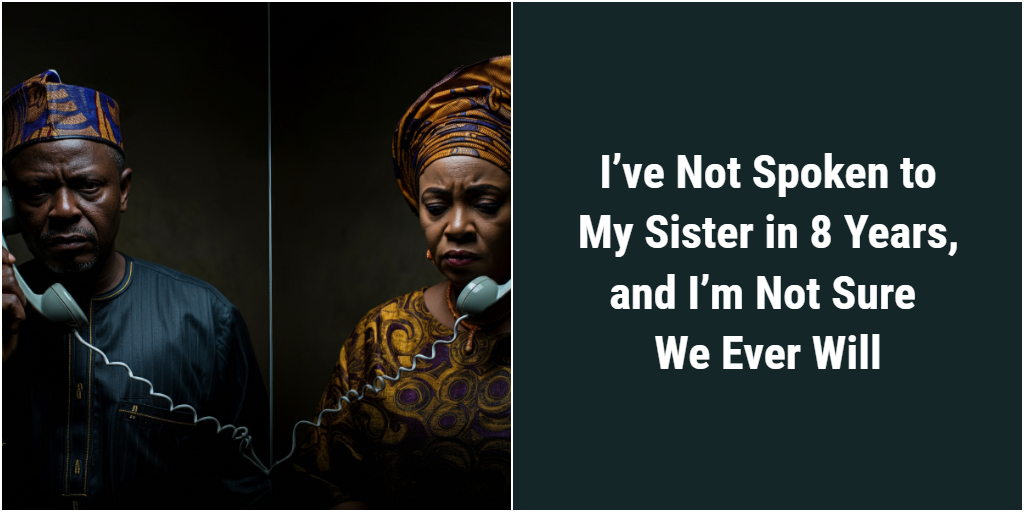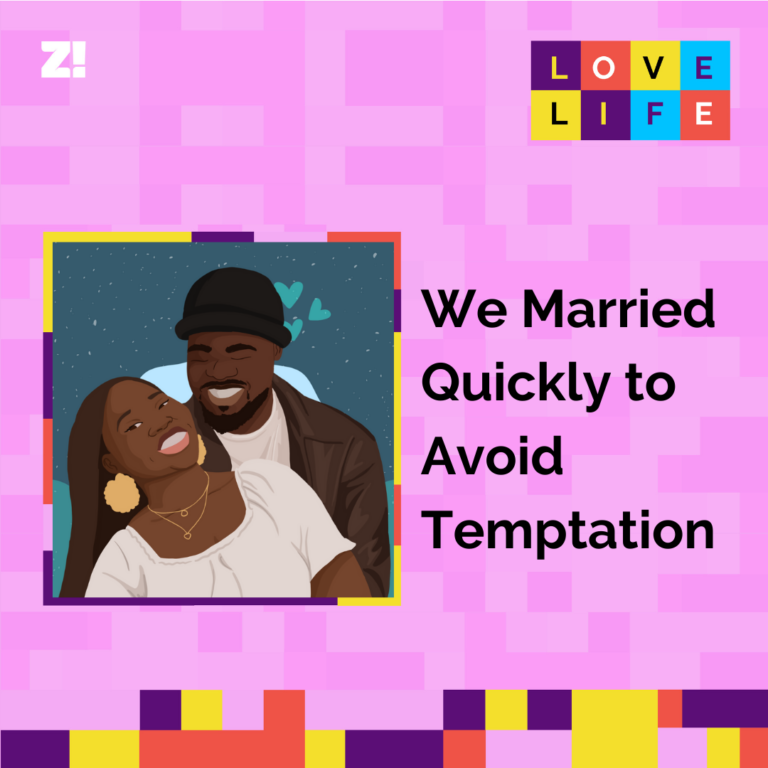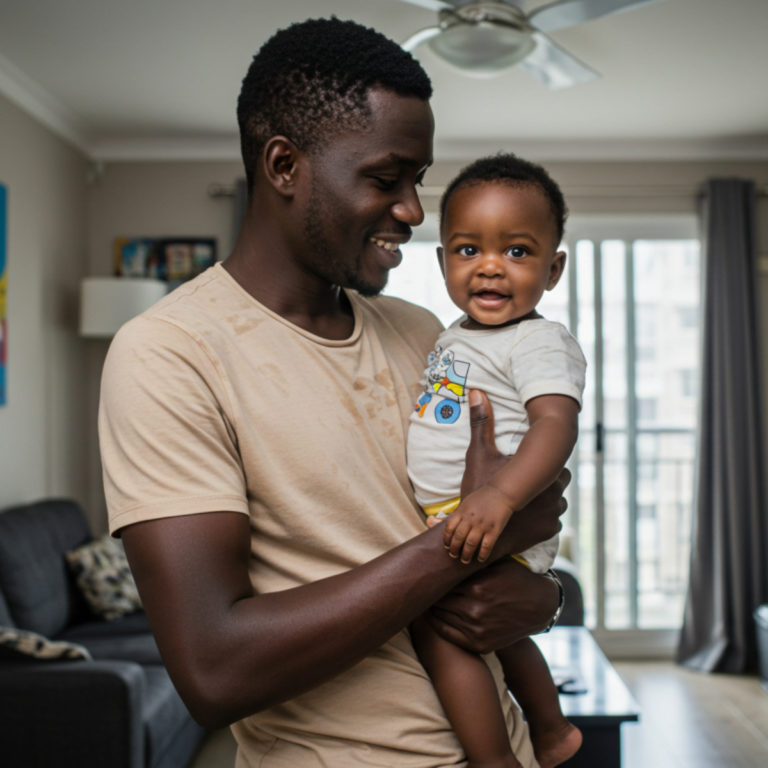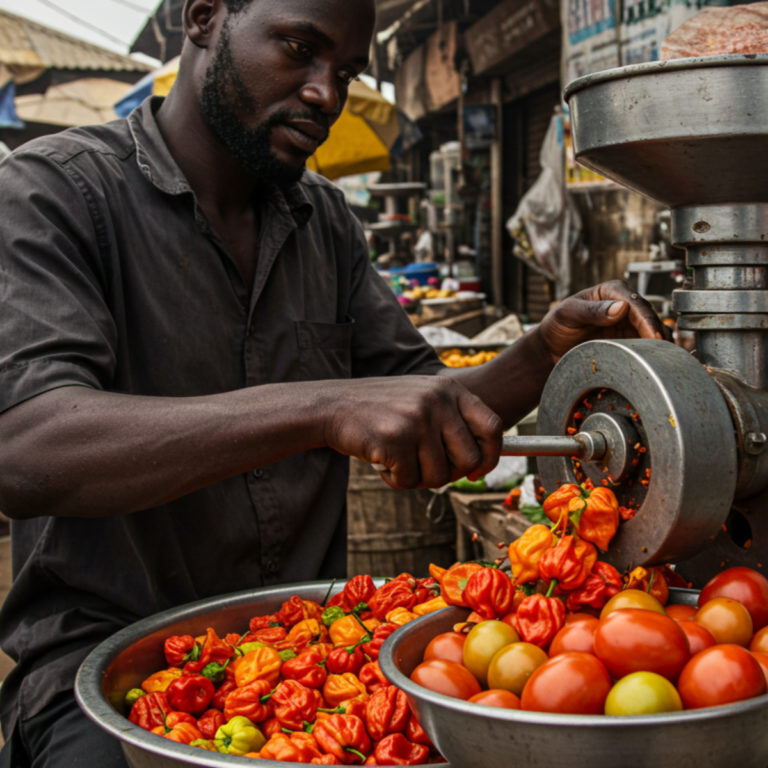Over the weekend, Nigerian filmmaker Kunle Afolayan and his brother, Aremu, settled their age-long dispute during their mother’s funeral. Watching the Afolayan brothers reconcile got me searching for people who have cut ties entirely with their siblings or are struggling with fractured relationships.
In this story, Rahman* shares how years of favouritism, resentment, and unresolved family issues led him to cut off his only sister after their parents’ demise eight years ago.

As told to Adeyinka
Fifteen years have passed since I last saw my sister at our parents’ funeral. Since then, we’ve silently agreed to stay out of each other’s lives. It hurts sometimes—knowing she’s out there, living her life, while I live mine. But over the years, I’ve accepted that some relationships aren’t meant to be.
You’d have to rewind to my childhood to understand how we got here. We were never close, not even as children. The age gap between us was wide—she was nearly a decade older, always ahead in a world I struggled to understand. By the time I was old enough to start primary school, she was already in secondary school. When I started dreaming about university, she was already wearing her graduation cap. Our age gap alone might have been enough to keep us distant, but our parents’ favouritism drove a wedge between us. They adored her, and their pride was evident in every word about her achievements. It felt like they’d placed her on a high pedestal I could only watch from the sidelines.
It wasn’t that they didn’t love me—they did, in their way. But their love came with constant comparisons. “Why can’t you be more like her?” was a question I heard more times than I’d like to remember. She excelled effortlessly while I struggled to find my path. She was the star of our family, and while I wasn’t exactly a black sheep, I was close to one.
By my late teens, resentment had taken root. She went to university, the first in our family, while I struggled to gain admission. Two failed exams were also reminders of the growing gap between us. While I sat at home grappling with feelings of inadequacy, she was thriving. She graduated before I even set foot on campus. By the time I finally gained admission, she was married with a child on the way.
It wasn’t just my parents’ favouritism that drove us apart—it was how it shaped her attitude toward me. In the early years, she was kind. But over time, that kindness fizzled out. “You need to try harder,” she’d say whenever my parents outsourced their never-ending pep talk to her. When I finally started achieving things—earning my degree, getting a job—it never felt like enough. By then, she’d moved on to bigger milestones, leaving me in her shadow once again.
For all their good intentions, our parents never tried to mend the growing rift. They seemed to think time would heal the wounds, that blood would be enough to pull us back together. Even as they aged and their health began to decline, they avoided addressing the fractures in our relationship. Once, I tried talking to my father about it. He said, “You’ll figure it out. Siblings always do.” But we didn’t. If anything, his silence made the divide worse.
When our parents’ health worsened, I hoped it might bring us closer. Instead, it only showed how far apart we were. She took control of hospital visits and finances. I tried to help, but my offers were dismissed with a curt, “It’s fine. I’ve got it.” It felt like she didn’t trust me, as though I were still the fumbling younger brother who couldn’t get anything right.
The day of the funeral was the last time we spoke. We exchanged pleasantries like strangers. There was no warmth, no shared grief—just two people carrying their versions of loss. When it came time to settle the estate, we handled everything through lawyers. Once the paperwork was done, so were we.
At first, the silence was unsettling. I’d find myself wanting to call her, to share a memory about our parents or ask how she was doing. But each time, I hesitated. What would I even say? How do you bridge a gap that took decades to form? Over time, the silence became easier, even comforting. It felt like a relief not having to navigate the minefield of our relationship anymore.
Still, there are moments when it hurts. Watching siblings laugh together or support each other during tough times stirs something in me. I wonder what it would be like to have that bond—to call her and know she’d answer, to feel like we were on the same team for once. But those moments pass quickly. For the most part, I’ve made peace with the distance.
Looking back, it feels like our relationship was doomed from the start. The age gap, the favouritism, and the constant comparisons created a storm we didn’t know how to weather. Our parents’ refusal to confront these issues only fueled the fire. By the time they were gone, there was nothing left to salvage.
Do I miss her? Sometimes. Do I think about reaching out? Occasionally. But then I remember the years of resentment, the sharp words, and the heavy silences. I think about the life I’ve built without her—a life that feels whole, even if incomplete. And I wonder if reopening that door would bring healing or more pain.
Not all relationships are meant to last forever. It’s a hard truth but one I’ve come to accept. Loving someone from a distance doesn’t mean you don’t care—it just means you’ve chosen peace over chaos. And for now, that’s enough for me.
READ THIS NEXT: We Took It Slow Because of Our Five-Year Age Gap




